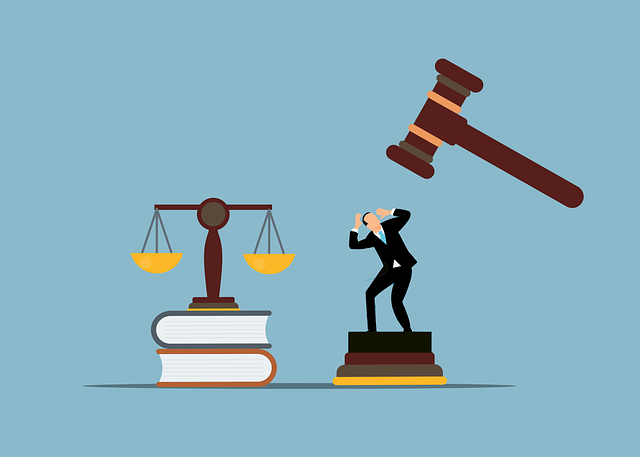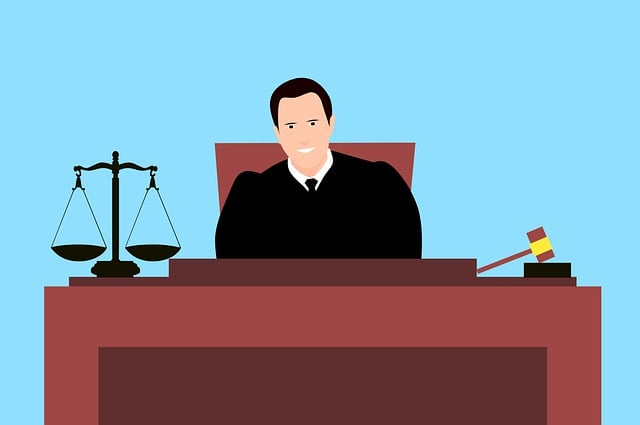Immediate family members like spouses, children, and parents usually become wrongful death beneficiaries, eligible for compensation including funeral expenses, lost wages, and pain and suffering damages. Other closely associated individuals may qualify under certain circumstances. Local laws determine beneficiary eligibility and compensation distribution. Consulting a personal injury lawyer is essential to navigate this complex process.
“In cases of wrongful death, understanding who can claim compensation is crucial. This comprehensive guide simplifies complex legal concepts related to wrongful death beneficiaries. We explore the process of filing a claim and who qualifies as a beneficiary under the law. From defining eligible relatives to distributing awards fairly, this article covers everything you need to know about seeking justice for a loved one’s untimely demise. By understanding your rights, you can navigate this difficult time with clarity.”
- Understanding Wrongful Death Claims
- Who Are Considered Beneficiaries?
- Distributing Wrongful Death Awards
Understanding Wrongful Death Claims

When a person’s life is tragically cut short due to someone else’s negligence or wrongful act, their loved ones may be entitled to compensation through what is legally known as a wrongful death claim. This process allows for the recovery of damages, which can help cover funeral expenses, lost wages, and the pain and suffering experienced by those left behind. Understanding wrongful death claims is crucial for determining who the wrongful death beneficiaries might be.
In most cases, the beneficiaries are immediate family members such as spouses, children, or parents. However, depending on the circumstances, other individuals closely associated with the deceased might also qualify. An injury lawyer near me can help navigate these complexities and ensure that those who have suffered serious injuries or lost a loved one due to truck accident injuries receive the justice and financial support they deserve.
Who Are Considered Beneficiaries?

When a person passes away due to someone else’s negligence or wrongful act, their loved ones may be eligible to receive compensation through what is known as a wrongful death claim. In simple legal terms, beneficiaries are those closest to the deceased who have suffered a significant loss due to their passing. This typically includes immediate family members such as spouses, children, parents, and sometimes even siblings or close relatives.
In cases of medical malpractice, defective products that lead to fatal injuries, or partnership disputes resulting in someone’s death, these individuals step forward as wrongful death beneficiaries. Their role is to represent the deceased’s interests and seek justice and financial support for the harm they have endured.
Distributing Wrongful Death Awards

When a wrongful death occurs, determining who receives the financial compensation is a complex process that involves identifying the beneficiaries. These are typically the closest family members left behind after the tragic event. In simple terms, it’s about ensuring that those most affected by the loss receive support and recognition. The award money from a wrongful death lawsuit is distributed according to specific laws and regulations, which vary across jurisdictions.
The process begins with the execution of a will or, if there is none, survivors like spouses, children, or parents are considered beneficiaries. In some cases, other relatives may be eligible depending on local legislation. This distribution ensures that the financial burden and emotional impact of the loss are shared among those who were closest to the deceased. It’s crucial to seek a personal injury consultation to understand these rights and navigate the often-complex legal landscape, especially in business litigation or medical malpractice compensation cases.
A wrongful death claim offers a measure of justice and compensation for those affected by a fatal accident. By understanding who qualifies as beneficiaries, you can ensure that loved ones receive the support they need during an incredibly difficult time. When distributing awards, it’s crucial to consider each individual’s relationship to the deceased, fostering a fair and balanced resolution. Remember, navigating wrongful death cases requires professional guidance, ensuring every beneficiary’s rights are protected in this sensitive process.






